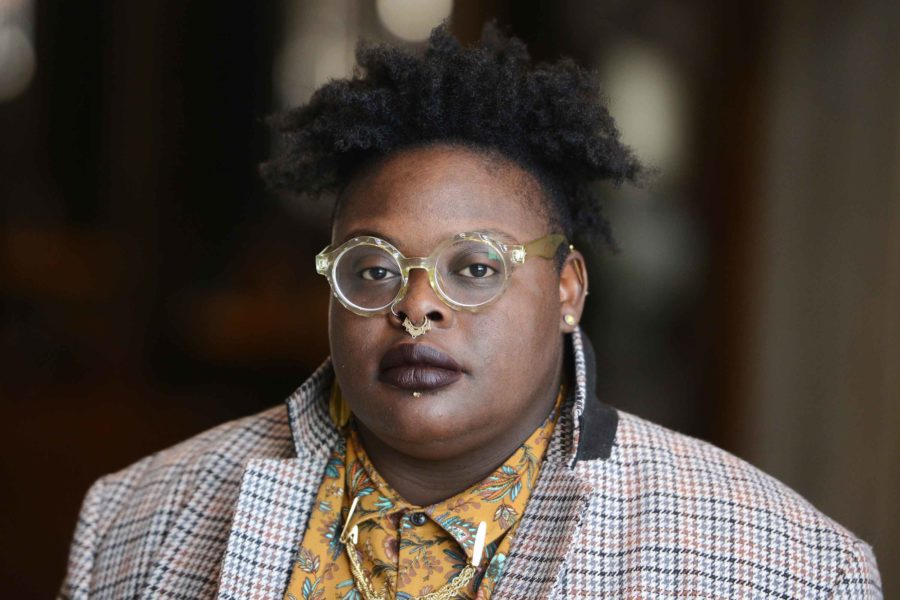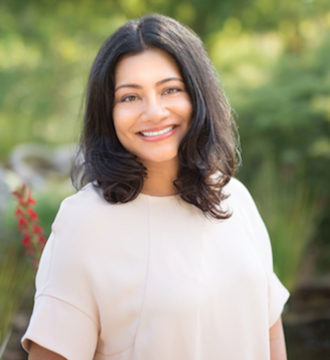Appointed Boston’s 2019 Poet Laureate in January, Porsha Olayiwola — or, Porsh O. As she’s known on stage — already has big plans for her four-year term.
Olayiwola wants to focus on bringing poetry access to minority groups such as prison inmates, young people and writers and readers of color. “I’m interested in schools and prisons,” she says. “I’m hoping to start a youth poet laureate program. I definitely want to set up retreat and workshop spaces and meetings for community members as well as writers.”
This desire aligns with work she’s already been doing as the artistic director at MassLEAP, a Massachusetts nonprofit serving young literary artists.
She also co-founded The House Slam at the Haley House Bakery Café in Roxbury, a venue that offers a free poetry slam and open mic events twice a month to give exposure to local artists.
The Jamaica Plain resident’s love of poetry extends well beyond her impressive resume. In fact, her poetry journey began in her native Chicago where she was introduced to a youth poetry program at age 16. Her own experience encountering the medium at a young age illustrated for her how important poems are for young people.
“It confirms your existence and your experience,” she says. “It’s a connector. You’re trying to create a sound with the exactitude of what it is you’re experiencing using our most basic and immediate tool — language — which is hard.”
Now Olayiwola’s powerful poems create the rhythmic, beautiful sounds of her own lived experience as a black, queer woman.
Olayiwola was drawn to poetry by the works of Zora Neale Hurtson.
“Here’s this woman who chose to write and represent where she comes from via dialect, and it’s very distinct,” she says. “Here she is with all these literary awards for choosing to represent herself and where she’s from, and I thought, ‘That is what I want to do.’”
Olayiwola says her biggest piece of advice for aspiring poets is to read. You never know where inspiration will strike.
Olayiwola saw a similar literary lightning bolt hit one of her workshop students recently. The young woman, not necessarily a writer and not wildly enthusiastic about school, was struck by the work of a contemporary novelist and poet during on of Olayiwola’s classes. The student wrote an e-mail to the national, award-winning author expressing her enthusiasm.
“She got a response the next day,” says Olayiwola, “and it just changed her. It motivated her.”
That’s the kind of engagement and enthusiasm Olayiwola is looking to generate during her tenure. Long term she’d also like to create residency spaces for poetry artists to live and work in and other physical meeting grounds for artistic collaborations.
To achieve this, community participation is paramount.
“We need a community in which folks are collaborating,” she says. “I’m one person, but if I work with another person we become two. We become a larger voice.”



 2 min read
2 min read



